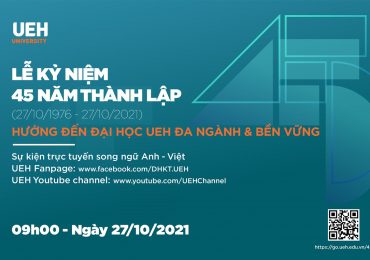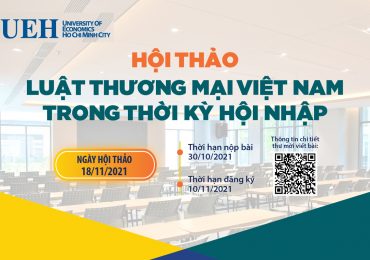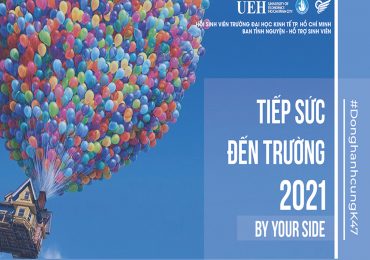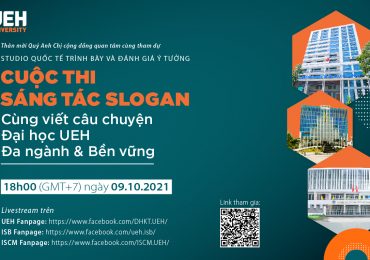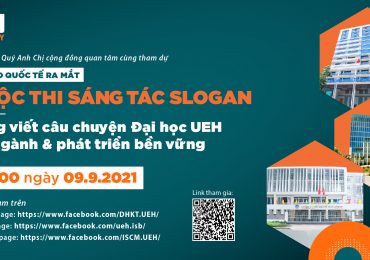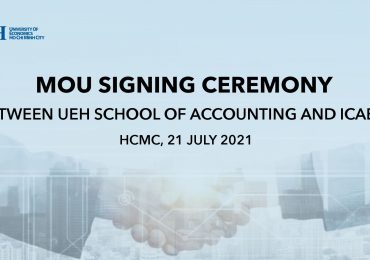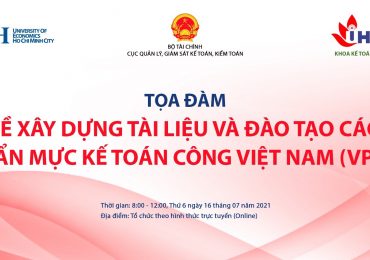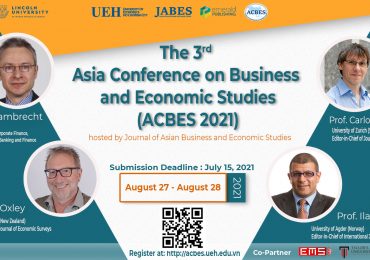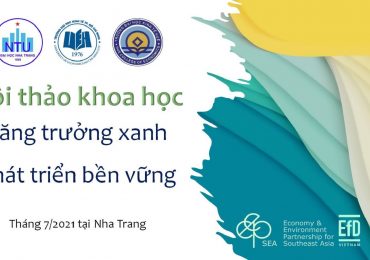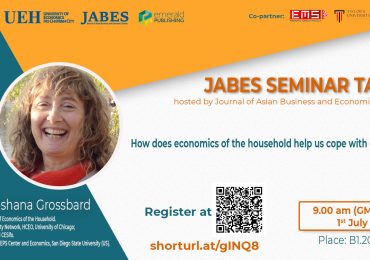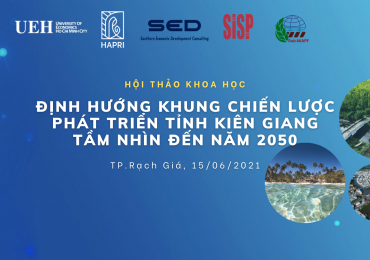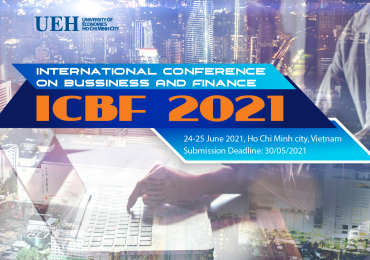Scientific workshop: Orientation of strategic framework for development of An Giang province with a vision to 2050
14 June, 2021
Dear Researcher, Policy Maker and Consultant, Implementation Manager
Mekong Delta (Mekong Delta) is home to 17.3 million people with a total natural land area of up to 40,816.4 km², accounting for 12.32% of the land area. of the whole country. The Mekong Delta has affirmed its position as the leading center of production and export of rice, seafood and fruit trees in the country, contributing to ensuring national food security and exporting agricultural products. However, the region’s per capita income is still lower than the national average.
Implementing the Law on Planning, Resolution No. 120/NQ-CP dated November 17, 2017 and Decision No. 1163/QD-TTg dated July 31, 2020, the development orientation framework of the Mekong Delta was developed to serve as a basis for formulating the Mekong Delta Plan for the period of 2021-2030, with a vision to 2050. At the same time, the task of formulating provincial planning of 12/13 provinces and cities in the Mekong Delta region has also been approved, including An Giang province.
An Giang is the upstream area of the Mekong River flowing into Vietnam, with fertile soil, abundant fresh water, favorable for agricultural production. However, over the past decade, the province’s agricultural economy has grown very slowly and is in decline, while the province has not built a solid industrial foundation, tourism has not shaped its direction, has not brought into full play its potential. cross-border economic potential with Cambodia. The business force in the province is not yet strong; budget revenues are limited, dependent on unsustainable sources of revenue. Non-agricultural economic activities and new job opportunities are less active. The province’s “out-migration” rate is among the highest in the country. In the current context, the orientation of development strategy for An Giang province is absolutely necessary to promote the province’s economy to really prosper, towards fast and sustainable development.
Currently, An Giang province is implementing the provincial planning for the period of 2021-2030, with a vision to 2050 according to the Law on Planning. One of the important tasks of the Provincial Plan is to orient the development strategic framework; determine the province’s viewpoints, goals and vision to 2050; select, arrange and spatially arrange economic, social, environmental and infrastructure activities to best promote potentials and opportunities in the coming period.
The Agricultural Policy Research Institute (HAPRI) affiliated to the University of Economics Ho Chi Minh City (UEH) invites researchers and experts in the field of development economics and local planning. , policy makers and consultants submit articles to the Conference.
Some suggested topics (preferred but not limited):
- Proposing vision scenarios to 2050 for An Giang
- Which image of An Giang to choose in the international eyes
- Identify the differences or advantages that can be sustainable development of An Giang
- Analysis of geographical location characteristics to propose development scenarios, comparing with other lands in the world with similar locations and resources
- Analysis of regional and An Giang transport systems. Analysis of the influence of national and regional traffic planning to An Giang.
- Analysis of general competitiveness, industry-level competitiveness, and competitiveness of specific goods (analysing both present and future 30 years from now)
- Analysis of the advantages and disadvantages of the business environment, the ability to attract and develop the private economy
- Analysis of household welfare in the process of development (income, inequality, poverty, migration, health care, education)
Important timeframe:
- Submission Deadline: June 16, 2021
- Review time: 5 days after deadline
- Result announcement: June 22, 2021
- Conference date: expected June 30, 2021
- Conference Venue: Long Xuyen – An Giang
Format Instructions:
- The cover page with the content:
- Title
- Author information: name, organization, address, email, phone number,
- Article summary (maximum 300 words) and up to 6 keywords (if any).
- Single-spaced article, font size 12, Times New Roman font.
- The length of the article should be between 3000-5000 words (excluding references and appendices).
- Tables, figures, and graphs should be inserted as close to the quoted position as possible. Headings are centered for each table, figure.
- APA Style Reference
- Articles of national, regional, and provincial/municipal practical managers do not have to follow the format specified above.
Author rights:
- The accepted articles presented at the conference will be supported 7 million/article.
- All costs for the authors to present at the local workshop will be sponsored by UEH-HAPRI.
- Good articles will be selected to be published in a special issue of the Journal of Asian Business and Economic Research (JABES, Vietnamese).
Posts to: hapri@ueh.edu.vn; title: “Ten Tac Gia-An Giang Planning”
Contact Information:
- Agriculture and Health Policy Research Institute
- Floor 10, 279 Nguyen Tri Phuong, Ward 5, District 10, HCMC
- Tel: 028 3853 0867
Communication Secretary:
- Tran Thi Phu Duyen
- Phone: 0373 225 525
- Email: Duyenttp@ueh.edu.vn
The conference organizers welcome to receive articles with practical and specific strategic recommendations.
GS. Dr. Nguyen Trong Hoai
- Editor-in-Chief of the Journal of Asian Business and Economic Research (JABES)
- Ho Chi Minh City University of Economics
- Email: hoaianh@ueh.edu.vn
Dr. Vo Tat Thang
- Deputy Dean, Faculty of Economics, University of Economics, HCMC
- Director, Agricultural and Health Policy Research Institute (HAPRI)
- Email: thangvt@ueh.edu.vn
